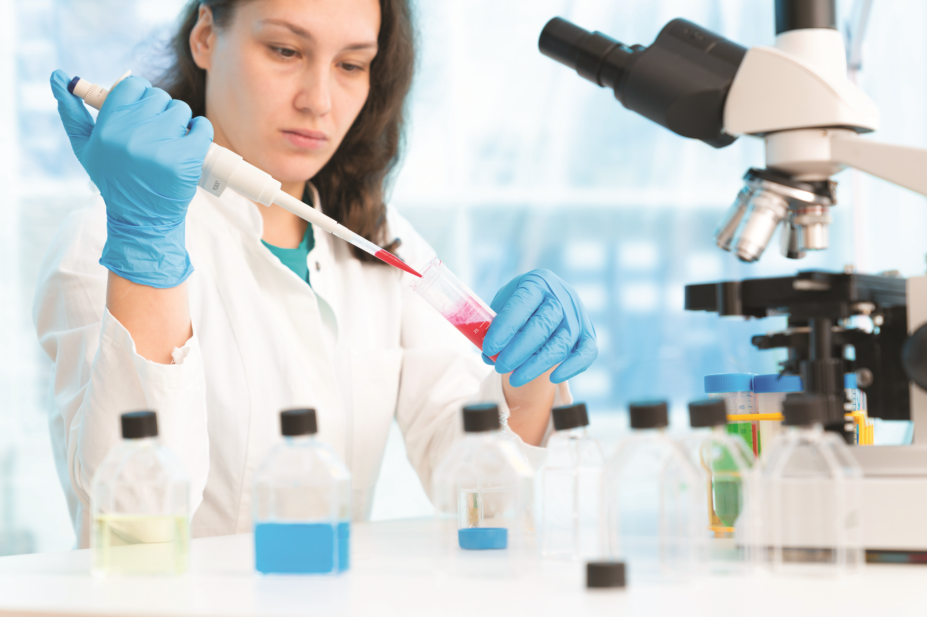
Shutterstock.com
The US Food and Drug Administration (FDA) has approved a genetic test that can detect mutations in solid tumours in 324 genes.
The test, known as F1CDx, uses next-generation sequencing to sequence DNA from a patient’s tumour sample and also detects two characteristic “genomic signatures”.
The information from the test can be used by physicians to guide treatment and management.
In five cancer types — non-small cell lung carcinoma, melanoma, breast cancer, colorectal cancer and ovarian cancer — the test can be used alongside other diagnostic information to match patients’ tumours to drugs already approved by the FDA.
Notably, the test can match genetic mutations to multiple treatments, whereas most previous tests approved by the FDA have only covered mutations for a single drug.
“The F1CDx can help cancer patients and their healthcare professionals make more informed care decisions without the often invasive process of extracting tumour samples multiple times to determine eligibility for a single treatment or enrolment in a clinical trial,” said Jeffrey Shuren, director of the FDA’s Center for Devices and Radiological Health.
“With the run of one test, patients and healthcare professionals can now evaluate several appropriate disease management options.”
The FDA evaluated the test by comparing it with approved companion diagnostic tests that are currently used to determine patients’ eligibility for certain treatments. The results showed that the test could accurately detect certain types of mutation (substitutions and short insertions and deletions) around 94.6% of the time.
The approval was part of an expedited process for “breakthrough diagnostics” that offer more effective diagnosis for life-threatening or debilitating conditions than current standards-of-care.


